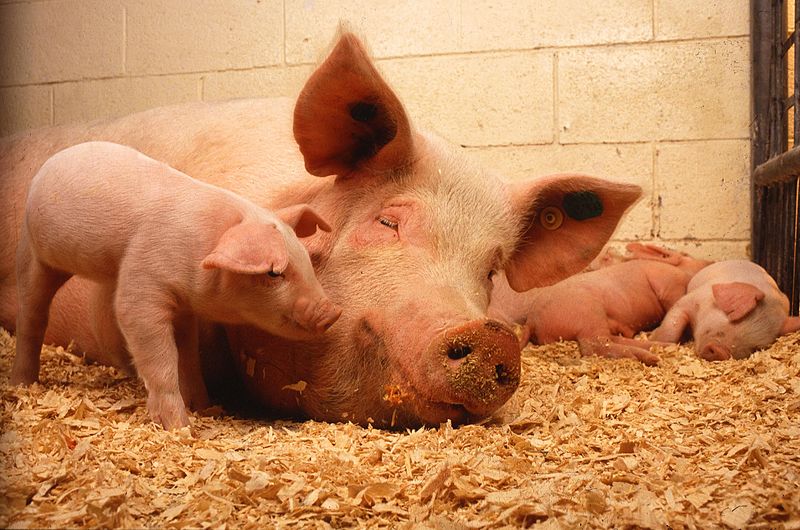Michigan
Michigan state and local health officials have identified two confirmed cases of influenza A in individuals with exposure to swine at the Fowlerville Family Fair in Livingston County.

The fair took place July 23-28, and several pigs from the fair tested positive for swine flu on July 27. Further laboratory testing is underway to determine if the flu viruses found in the swine and the ill persons are the same strain. Additional fair attendees are also reporting influenza-like illness and are being tested.
The Livingston County Health Department (LCHD) in coordination with the Fowlerville Fair Board, reached out to swine exhibitors, their families and attendees who visited the swine barn at the fair shortly after receiving the test results to notify them of possible exposure to infected pigs. The LCHD also instructed healthcare providers in the area to watch for patients presenting with respiratory symptoms who report exposure to swine or who visited the fair.
“We are urging those who visited the swine barn at the Fowlerville Fair to monitor their health and follow up with their healthcare provider if they start feeling ill,” said Dr. Eden Wells, MDHHS chief medical executive. “It can take up to 10 days for symptoms to appear and some individuals can develop serious complications.”
California
The County of San Luis Obispo Public Health Department is investigating several cases of influenza (flu) in the community to determine whether they are linked to a case of influenza in a pig at the California Mid-State Fair.
At this time, several patients have tested positive for an influenza virus that may be different from viruses that commonly circulate among people during flu season. These people had extended contact with pigs at the Mid-State Fair. At this time, the Public Health Department does not have any laboratory confirmation that the cases are linked to pigs. In each of the laboratory-confirmed local cases of influenza being investigated, patients have recovered on their own within several days.
Influenza viruses commonly circulate in pigs. From time to time, one of these viruses can be transmitted from a pig to a human. In these cases, it is referred to as a variant influenza virus infection. This most commonly happens when people have extended close contact with pigs.
Symptoms of swine flu in people are similar to the seasonal flu and can include fever, cough, runny nose and sometimes body aches, nausea, vomiting or diarrhea. Sometimes swine flu causes severe disease even in healthy people, such as pneumonia which may require hospitalization, and even death.
Those at higher risk of developing complications if they get swine flu include children younger than five years of age, people 65 years of age and older, pregnant women and people with certain chronic health disease, such as asthma, diabetes, heart disease, weakened immune systems and neurological conditions.
When the virus is transmitted from a pig to a person, it generally does not spread widely to other people.
It cannot be transmitted by eating pork.
- What is Capnocytophaga?
- Ebola update: 33 deaths suspected in new outbreak
- Norovirus sickens dozens in Transylvania County
- Lyme disease reported in all states: California and Florida see largest increases
- Hepatitis A: West Virginia, Kentucky, Indiana and Michigan
- Greece reports 21 West Nile virus cases in past week
- Brazil to begin measles, polio vaccination campaign Monday
- Texas: Most people believe the benefits of vaccines outweigh the risks


